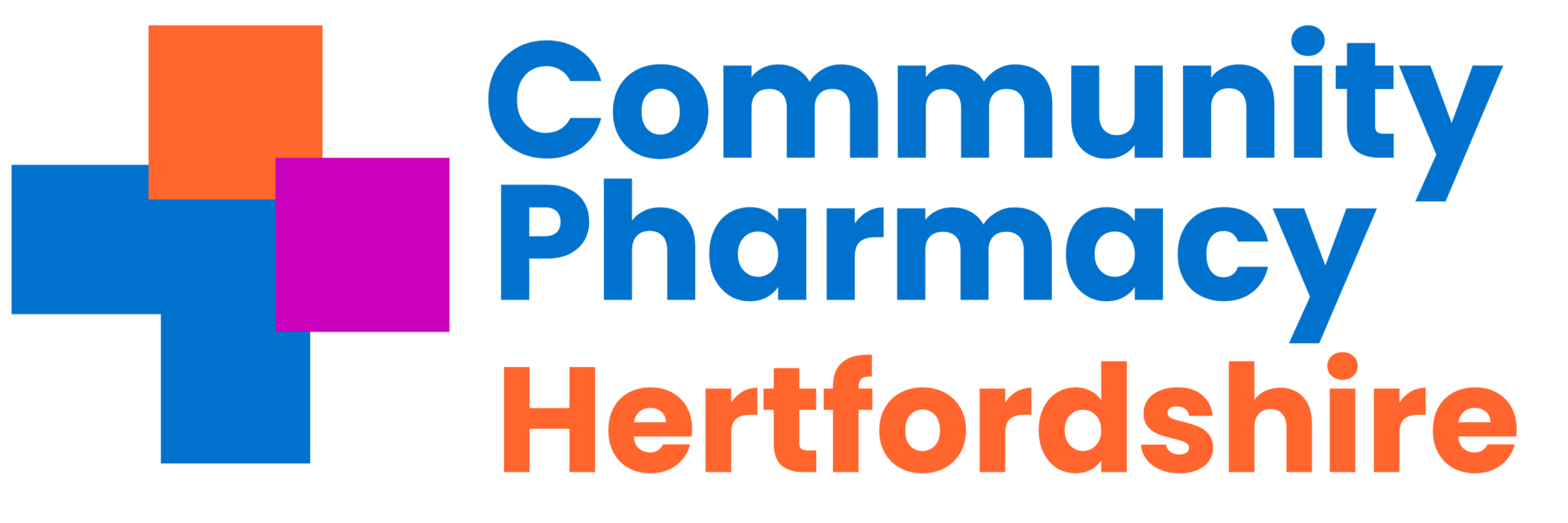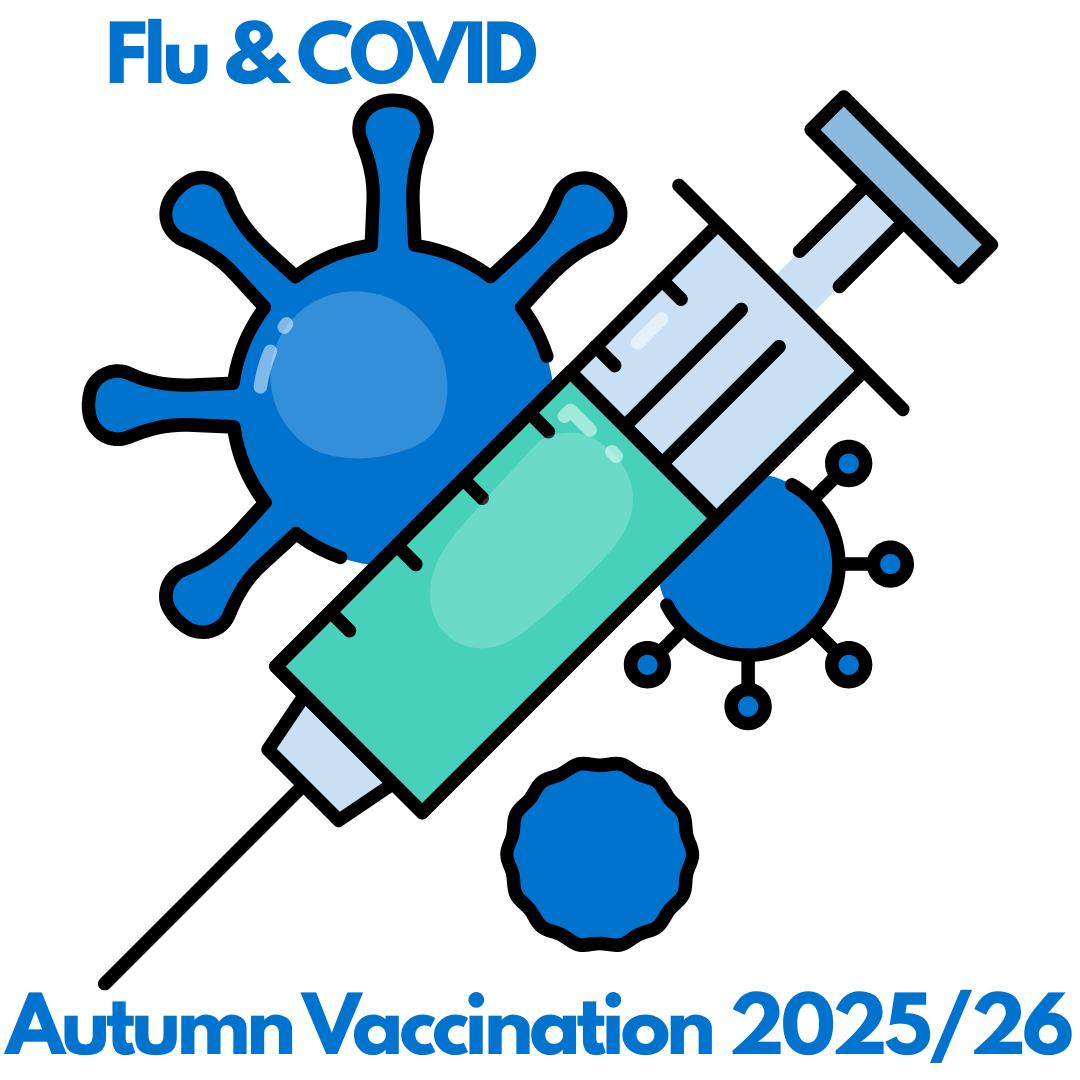Pharmacy First: Information for GP Practices & NHS Teams
The Pharmacy First service was announced as part of an an agreement setting out how the £645 million investment pledged within the Delivery plan for recovering access to primary care will be used to support community pharmacy services.
The introduction of a national Pharmacy First service alongside expansions of contraception and blood pressure checking services are an important step forward for community pharmacies and their patients, but this development this will not solve all of the problems that pharmacies are struggling with. Community pharmacies remain under significant financial and operational pressure with businesses of all sizes reporting record losses. While these new services will offer some extra funding, this will not address the underlying funding deficit in the sector, and finding the capacity to deliver them will be a real challenge
View pharmacies registered to provide Pharmacy First Service: Hertfordshire & West Essex (updated 9 September 2025)
-
Clinical Pathways
Pharmacists assess and manage patients presenting with one of the seven specified conditions, providing appropriate treatment or referrals as necessary.-
-
-
Acute sore throat
-
Acute sinusitis
-
Otitis media (ear infection)
-
Infected insect bites
-
Impetigo
-
Shingles
-
Uncomplicated urinary tract infections (UTIs) in women
-
-
-
-
Minor Illness Management
Pharmacists offer advice and treatment for minor illnesses, including over-the-counter medications and self-care guidance. -
Urgent Repeat Medicine Supply
Pharmacies can provide a limited emergency supply of a patient’s regular medication when they have run out and cannot obtain a prescription in time.
1. Clinical Pathway Consultations
-
Patients can self-refer directly to participating pharmacies.
-
Other referral sources include:
-
-
-
GP practices
-
NHS 111
-
Urgent and Emergency Care (UEC) services
-
Out-of-hours GP services
-
-
-
2. Minor Illness Management
-
Cannot be self-referred.
-
Referrals must come from:
-
-
-
GP practices
-
NHS 111
-
UEC services
-
-
-
3. Urgent Repeat Medicine Supply
-
Cannot be self-referred.
-
Only healthcare providers such as NHS 111, UEC services, or GP out-of-hours services can initiate a request.
Please refer to the HWE ICB decision aid for Pharmacy First referrals from GP surgeries into community pharmacy. This document outlines the criteria for referrals into pharmacy first for each condition.
Time Savings for GP Surgeries – Community Pharmacy Services A4
HWE ICB recently held local webinar events for GP practices and community pharmacies on how GP practices can refer for Pharmacy First. A recording of these webinars is available below:
Full resources for the Pharmacy First service including videos and templates can be found on the CPE website.
Training Support Please note this information is not endorsed by CPH.
Q. Do referrals into Pharmacy First need to be sent digitally or if the patient is verbally signposted can I treat this as a referral?
A referral within the NHS means one healthcare provider asks another healthcare provider to provide a service to a patient. As such, a referral requires a referral message to be sent from one provider to the other.
Where a patient is advised by one provider to seek assistance from another healthcare provider, whether that advice is provided verbally or in writing, that patient is being signposted to the other provider and not referred. Where a patient is signposted, the patient takes on the responsibility to make contact with the healthcare provider, as that organisation is not aware the patient has been directed to them.
Referrals to the Pharmacy First service need to be sent to the patient’s chosen pharmacy in a secure, electronic manner that complies with the standards laid out in the NHS CPCS Technical Toolkit; signposting does not count as a referral.
Q. How can healthcare professionals identify pharmacies providing the service, so they can refer patients to them?
Over 95% of pharmacies are signed up to provide the service and healthcare professionals can check pharmacy profiles in NHS Service Finder to identify which pharmacies are registered to provide the service. Additionally, if general practice teams use EMIS local or PharmRefer to make referrals to the service, participating pharmacies are shown in those systems.
Q. Is it still necessary for a general practice to send an electronic referral for the minor illness consultation part of the Pharmacy First service?
Yes, electronic referrals are still required for the minor illness part of Pharmacy First, as was the case for referrals to CPCS. They are also recommended for patients with symptoms suggestive of the seven clinical conditions covered by the clinical pathways.
Q. What are the benefits of general practices sending an electronic referral for minor illness consultations and clinical pathway consultations?
Submitting an electronic referral offers several benefits when compared to signposting. If referred:
- Patients will receive a confidential consultation with the pharmacist in the consultation room or remotely. If signposted, they may be assisted under the Essential support for self-care service, potentially being seen by another pharmacy team member.
- Patients may be more reassured that their concern has been taken seriously and the pharmacist will be expecting them.
- If the patient does not contact the pharmacy, the pharmacy will follow up with the patient, based upon clinical need.
- Referrals enable the pharmacy to plan and manage workload, helping them to see patients in a timely manner.
- Clinical responsibility for that episode of patient care passes to the pharmacy until it is completed or referred on.
- There is a record of referral and clinical treatment, which will support future patient care.
- Referral data can demonstrate that patients are actively being supported by their general practice to access appropriate treatment.
Please refer to the HWE ICB decision aid for Pharmacy First referrals from GP surgeries into community pharmacy. This document outlines the criteria for referrals into pharmacy first for each condition.


